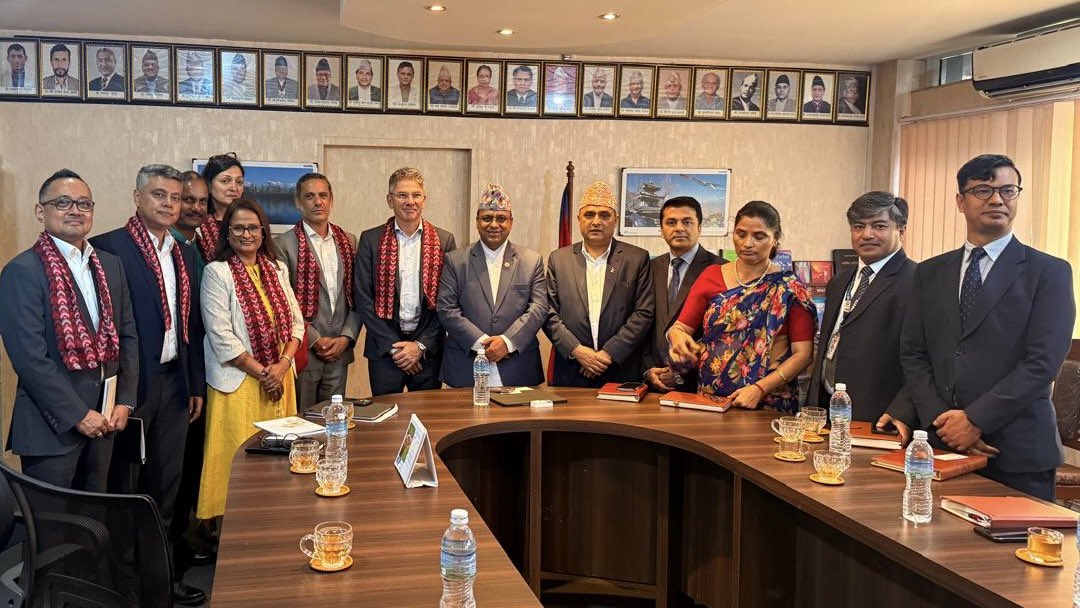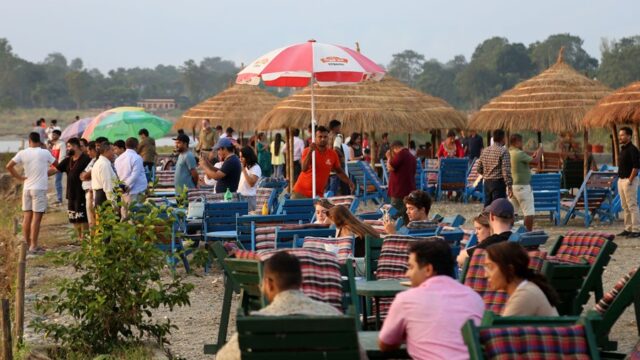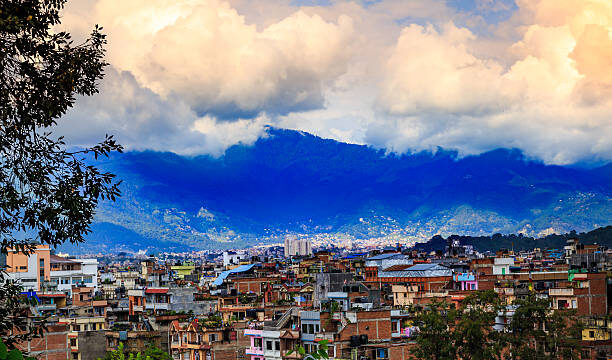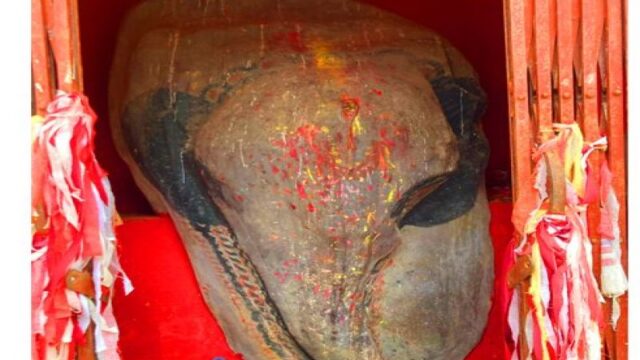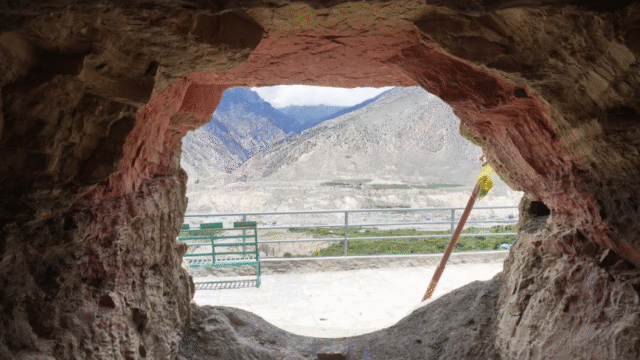Nepal’s tourism-driven economy, a delegation from the World Bank Group held a productive meeting today with Hon. Badri Prasad Pandey, Minister of Culture, Tourism, and Civil Aviation, and his team to explore avenues for collaboration. The high-level discussion focused on potential partnerships in crafting a new national tourism strategy, with an emphasis on heritage, mountain, and religious tourism, including the globally significant pilgrimage site, Lumbini, the birthplace of Lord Buddha.
Exploring a New Tourism Vision for Nepal
The meeting revolved around Nepal’s ongoing efforts to revitalize and modernize its tourism sector, which remains one of the country’s most vital economic pillars. Both sides expressed keen interest in developing a comprehensive, inclusive, and resilient tourism strategy aimed at fostering job creation, sustainable development, and long-term economic growth.
The World Bank Group expressed its commitment to support the Government of Nepal in shaping this strategy, which would align with global best practices while also reflecting the unique needs and cultural identity of Nepal. The strategy aims to enhance the country’s tourism offerings beyond adventure tourism and mountaineering, by elevating cultural, religious, and ecological tourism models.
Focus on Heritage, Mountain, and Religious Tourism
During the meeting, special emphasis was placed on leveraging Nepal’s rich cultural heritage, sacred religious sites, and natural mountain landscapes as key pillars of tourism development. The discussions included strategies for preserving UNESCO World Heritage Sites, improving infrastructure in pilgrimage destinations, and strengthening tourism circuits around iconic locations such as Lumbini, Pashupatinath, Janakpur, and the Himalayan trekking regions.
Hon. Minister Pandey acknowledged that tourism in Nepal has yet to reach its full potential and noted the government’s commitment to positioning Nepal as a world-class tourism destination. “We are working towards building a tourism ecosystem that is inclusive, sustainable, and integrated with local communities,” Minister Pandey stated. “Collaboration with global development partners like the World Bank is crucial in achieving this goal.”
Jobs, Growth, and Regional Development at the Core
The partnership aims not only to attract more international tourists but also to ensure that economic benefits reach grassroots levels, particularly in rural and mountain regions where tourism is a key livelihood source. Creating decent and inclusive job opportunities, especially for women and youth, remains a core objective of this tourism transformation initiative.
The World Bank team expressed its readiness to support capacity-building programs, investment in sustainable infrastructure, and technical assistance in tourism governance and planning. They highlighted the importance of resilient tourism development in the face of global challenges such as pandemics, climate change, and geopolitical shifts.
Shared Commitment to Sustainable Tourism
Both sides underscored the importance of embedding sustainability and cultural sensitivity into Nepal’s tourism strategy. Environmental conservation, protection of sacred sites, community participation, and responsible tourism practices were all emphasized as guiding principles for future projects and interventions.
The World Bank delegation commended Nepal’s natural beauty and cultural richness and reaffirmed its belief in the transformative power of tourism for Nepal’s economic development. “Tourism in Nepal is not just about Everest or Annapurna, it is also about heritage, spirituality, culture, and community. Our goal is to help Nepal tell that story to the world, while ensuring it translates into meaningful economic growth,” said a senior official from the World Bank team.
The Way Forward
The meeting concluded with both parties agreeing to advance further discussions on project design, financing mechanisms, and policy-level support to implement the envisioned tourism strategy. A follow-up technical meeting between teams from the Ministry and the World Bank Group is expected in the coming weeks to outline the initial roadmap for cooperation.
As Nepal looks to recover from the economic impacts of COVID-19 and reposition itself in the global tourism market, partnerships like this signify an important momentum shift toward smarter, greener, and more equitable tourism development.
A Renewed Partnership for Tourism Excellence
The collaboration between the World Bank Group and Nepal’s Ministry of Culture, Tourism, and Civil Aviation holds immense potential to reshape the country’s tourism landscape. With strategic planning, investment, and international support, Nepal is poised to not only regain but exceed its pre-pandemic tourism levels, while creating jobs, uplifting local communities, and preserving its priceless natural and cultural assets.
